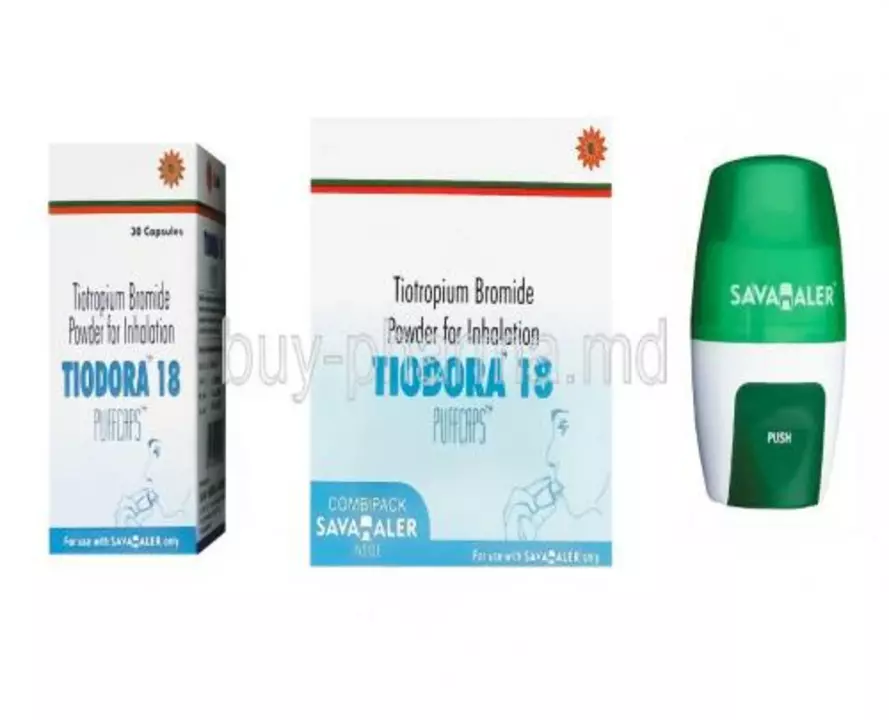What Every COPD Patient Should Know to Breathe Easier
Living with COPD can feel tricky, but understanding your condition helps you take charge. COPD, or chronic obstructive pulmonary disease, affects how you breathe and can make daily life challenging without the right support. If you're a COPD patient, focusing on treatment and lifestyle tweaks can make a real difference.
First off, keeping up with your medications is key. Inhalers and prescribed drugs help open airways and reduce flare-ups. Always use them as your doctor advises, and don’t skip doses — consistency counts. If side effects or doubts come up, chatting with your healthcare provider clears the air and keeps your treatment on track.
Daily Habits That Help COPD Patients Feel Better
Besides meds, what you do each day matters a lot. Avoid smoking and steer clear of secondhand smoke—it’s the main culprit worsening COPD. Also, consider your environment: stay away from dust, pollution, or strong fumes that can irritate your lungs. Regular gentle exercise, like walking or stretching, can boost your breathing capacity and mood without overdoing it.
Nutrition plays a big role too. Eating balanced meals keeps your energy up. Some COPD patients find smaller, frequent meals easier on their breathing during digestion. Staying hydrated helps loosen mucus, making coughs more productive and clearing your airways better.
Managing Flare-Ups and When to Seek Help
Flare-ups, or sudden worsening of symptoms, can be scary but knowing what to do helps. If you notice more coughing, increased breathlessness, or a change in mucus color, act fast. Contact your doctor early to adjust treatment if needed—this can prevent hospital visits.
Tools like oxygen therapy or pulmonary rehab might be recommended; they sound intense but can improve your quality of life substantially. Plus, joining support groups connects you with others in the same boat, making the journey less lonely.
Remember, COPD doesn't have to control your life. With the right mix of medicine, good habits, and support, you can breathe easier and stay active. Keep learning about your condition, ask questions, and lean on your healthcare team when things get tough. You've got this.

